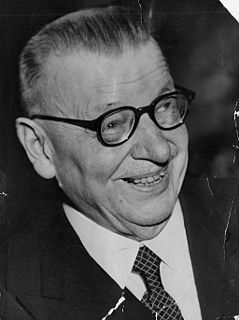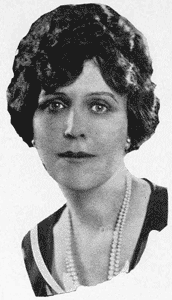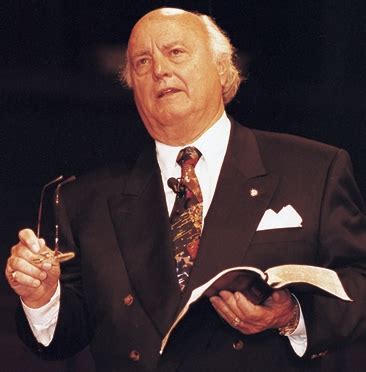A Quote by Juho Kusti Paasikivi
The beginning of all wisdom is recognition of facts.
Quote Topics
Related Quotes
The beginning of wisdom is the awareness that there is insufficient evidence that a god or gods have created us and the recognition that we are responsible in part for our own destiny. Human beings can achieve this good life, but it is by the cultivation of the virtues of intelligence and courage, not faith and obedience, that we will most likely be able to do so.
Dialectical thought understands the critical tension between "is" and "ought" first as an ontological condition, pertaining to the structure of Being itself. However, the recognition of this state of Being its theory intends from the beginning a concrete practice. Seen in the light of a truth which appears in them falsified or denied, the given facts themselves appear false and negative.
[The scientist] believes passionately in facts, in measured facts. He believes there are no bad facts, that all facts are good facts, though they may be facts about bad things, and his intellectual satisfaction can come only from the acquisition of accurately known facts, from their organization into a body of knowledge, in which the inter-relationship of the measured facts is the dominant consideration.

































